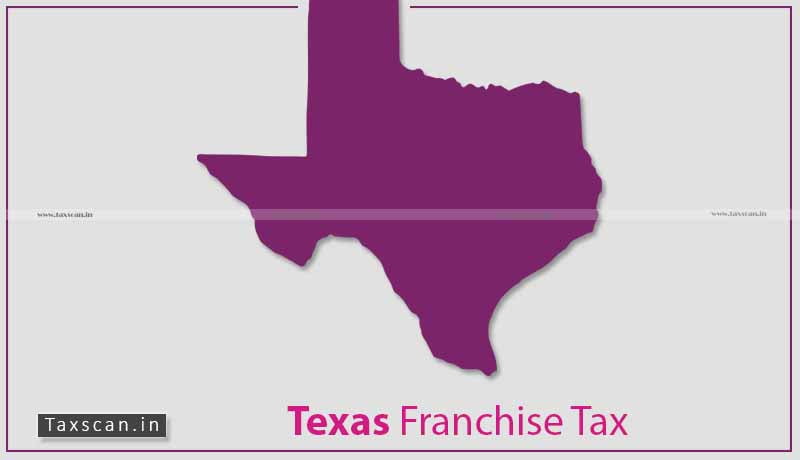Texas Franchise Tax Amendment: All You Need to Know

Texas Franchise – Taxscan
Texas Franchise – Taxscan
The Comptroller of Public Accounts amended the Texas franchise tax, making foreign taxable entities subject to Texas franchise tax if the entity has a gross receipt of $500,000 or above. A foreign entity that does not have a physical existence in Texas will also be liable for franchise tax as per the amendment and will be applicable for the reports due on or after 1 January 2020.
Previously, the franchise tax was levied on the entities that have a physical existence in the state. The amendment was in response to the U.S, Supreme Court’s ruling in South Dakota v. Wayfair, Inc. The pronouncement concluded that even if an entity has no physical existence in a state, sales tax nexus may result from trading activities that exceed certain economic thresholds. Texas has thus joined the list of states that apply the nexus threshold to income tax and franchise tax regimes.
Under the amended regime, a foreign entity is considered to have begun its business in the state on the earliest of:
- The date of physical presence in the state
- The date the entity performs sales activity and use tax permit
- The first day of the federal income tax accounting period when the entity has exceeded the threshold
In most states, the trading activities by the remote sellers which include the sales of tangible property are protected against the imposition of income tax under Federal Public Law (P.L) 86-272, but this protection is not applicable for franchise tax purposes.
For remote service performance, entities should see if the services have an economic nexus with the state through the evaluation of the connection of the service to the state and their fair value. The receipts are considered as Texas receipts, even if the services are rendered outside the state, on the basis of the fair value of the same service provided in Texas.
The Franchise tax amendments will have a significant effect on the entities providing investment advisory services and financial institutions. As per the statute, the receipts are sourced on the basis of the location of the regulated investment company’s shareholders, in case of the services provided to or on behalf of the regulated investment company. The receipts from the sales of loans, securities and intangibles are sourced on the basis of the state’s “location of payer rules”.
The combined group, which may have previously excluded the entities that do not have a physical existence in the state with respect to the imposition of economic nexus, will now have to include them in the apportionment factor. Each entity should be evaluated separately to confirm if it has crossed the threshold.
The Comptroller will issue a letter to the taxpayers with a questionnaire which also includes a request to provide the earliest date of physical existence in the state and the actual date when the entity exceeded the threshold.
As stated earlier, P.L. 86-272 does not provide protection against franchise tax; the taxpayers in a loss position for income tax may become liable in Texas.


